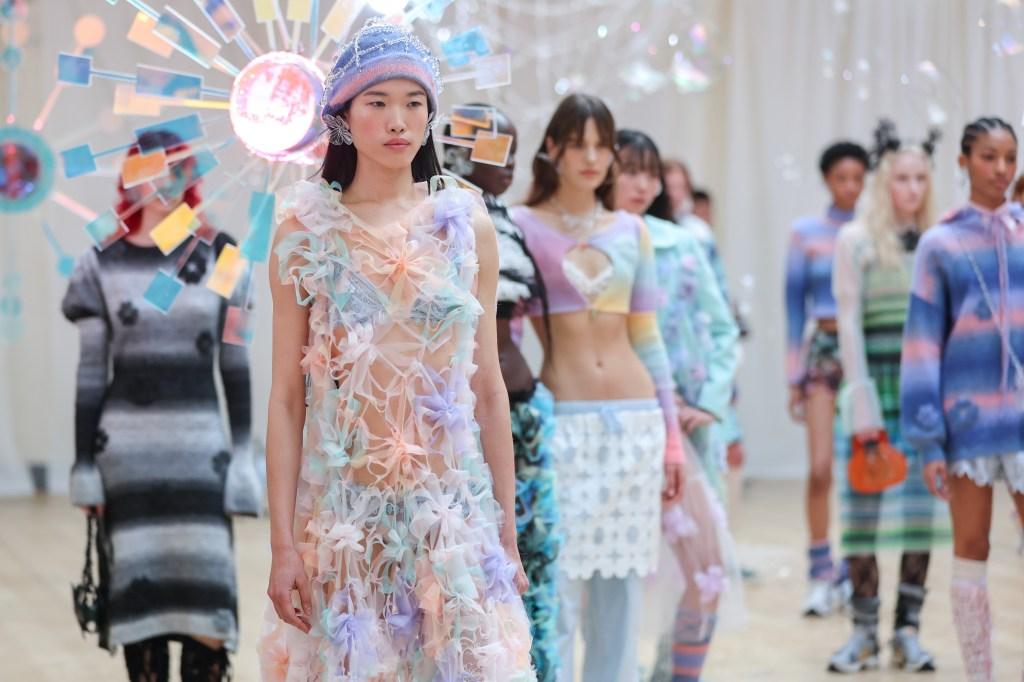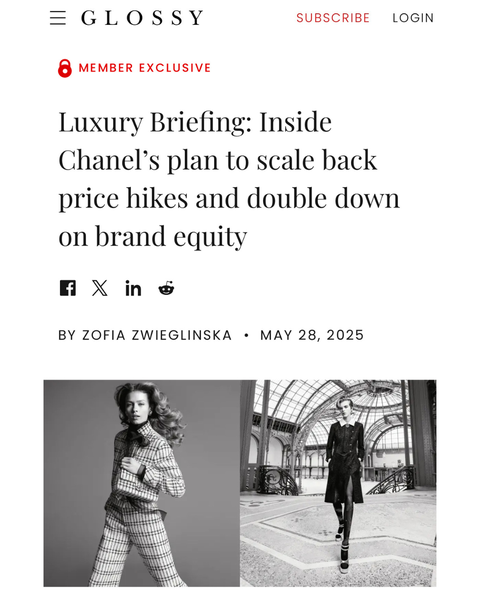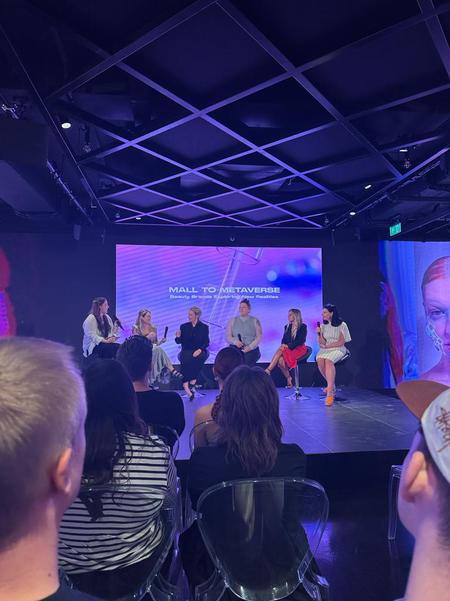I'm Zofia, a fashion journalist interrogating how money, technology and sustainability are quietly reshaping the luxury and fashion industries.

Subscribe for weekly dispatches on fashion business, systems and strategy

Contact Me
My inbox is always open to speaking and strategy requests, you can contact me with the contact form here or with the details below:
For Glossy: zofia@glossy.co
For all other requests: zzwieglinska@gmail.com



